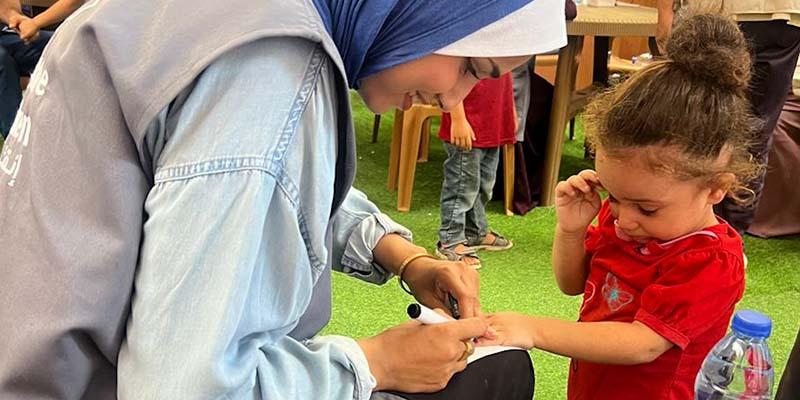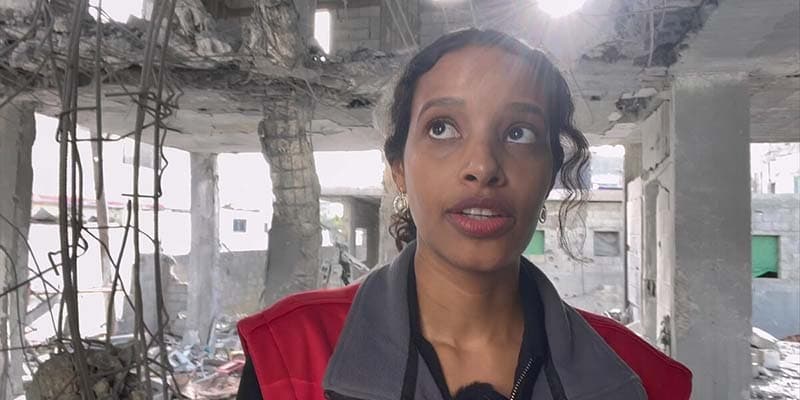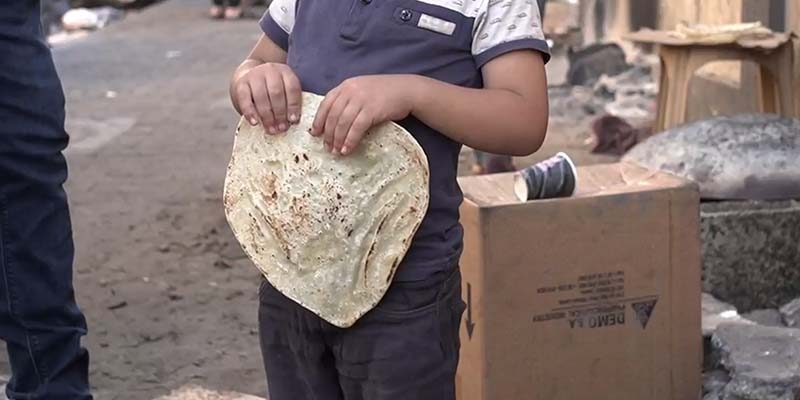
5 Ways Children Are Impacted by the Gaza Israel Conflict
Save the Children has been supporting the unique needs of children caught in armed conflicts for over 100 years. Children have no part in starting wars, but are victims of their violence. Today, more than one in six children in the world live in a war zone. We should never accept this as normal.
In conflicts, children are especially vulnerable and experience unique hardships compared to adults. They suffer physical harm, disruptions in healthcare and education, hunger, malnutrition, and witness traumatic events. These experiences have both immediate and long-term mental and emotional consequences.
The dramatic escalation in violence witnessed in Gaza and Israel is deeply alarming with horrendous consequences for children’s lives and wellbeing. With the death toll climbing, children are at risk and terrified, not to mention suffering from serious longer term mental health impacts.
Here are 5 ways in which children caught up in the Gaza and Israel crisis are being impacted.
Without clean water, children are at risk of death and disease.
There is no clean water, and mineral water has entirely run out inside Gaza, leaving children at risk of dying from severe dehydration.
Many people are being forced to turn to contaminated water sources, leaving them vulnerable to illness or an outbreak of waterborne diseases. These infections also leave children dehydrated and therefore, without clean water, at risk of death.
Food is running out fast.
Essential food items are either close to, or have completely, run out. Risks of malnutrition and starvation are very real, and the health of children and pregnant and breastfeeding women is of particular concern.
The daily four-hours pauses may briefly stop violence but they will not stop starvation, dehydration and disease.
Pregnant women and children are having lifesaving operations without pain relief.
Maha*, a Save the Children staff member in Gaza who is now displaced to the south but used to shelter outside Al Shifa hospital, spoke of what she witnessed a few days ago when fuel was running out: "The scenes at the hospitals were horrible. Pregnant women in the hallways screaming in pain. Unidentified newborn babies in incubators without any living family members."
Children have been abducted and taken hostage by armed groups.
The abduction of children during conflict is one of the six grave violations identified and condemned by the UN Security Council.
Save the Children condemns all acts of violence against children in the strongest terms. All children held hostage must be unconditionally released, immediately.
Hospitals are unable to operate and thousands of lives are at risk.
There is no electricity or fuel, leaving hospitals unable to operate and thousands of lives at risk.
The World Health Organization (WHO) has said over half of Gaza's hospitals - 22 out of 36 - are now "non-functional".
The first truck carrying 45,000 bottles of water from Save the Children arrived in Gaza on October 29. While every piece of aid reaching families in Gaza matters, the current rate of delivery is nowhere near enough. Fuel must be allowed entry into Gaza.
Save the Children is continuing to source supplies and load trucks in Egypt with much needed items, including hygiene and dignity kits (these include menstrual health products) for men and women, baby kits, recreational kits for children, PPE, and medical supplies.
As soon as access is possible, we are ready to scale up our response further in Gaza. Your donation to the Children's Emergency Fund supports these urgent humanitarian relief efforts in Gaza and around the world.



